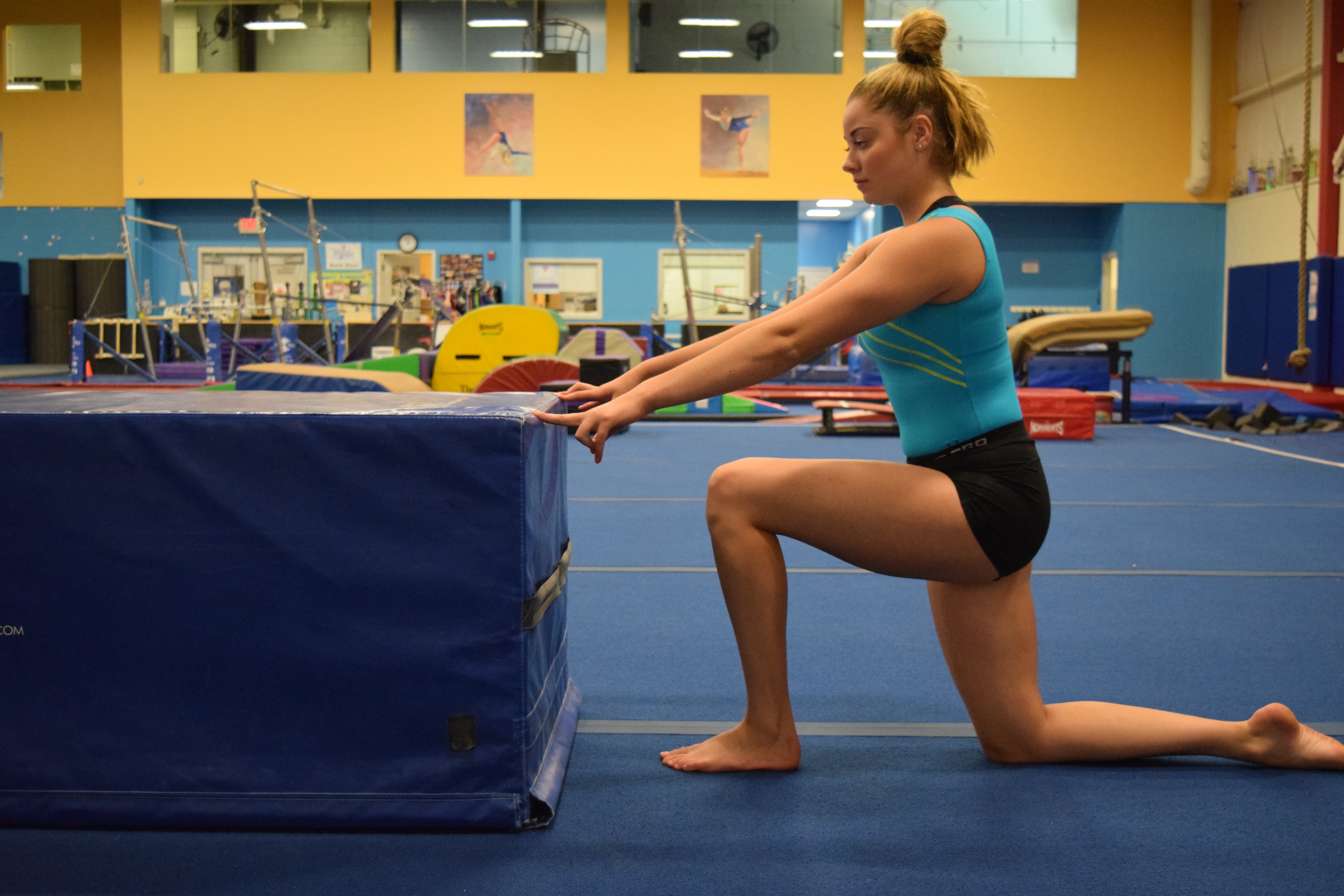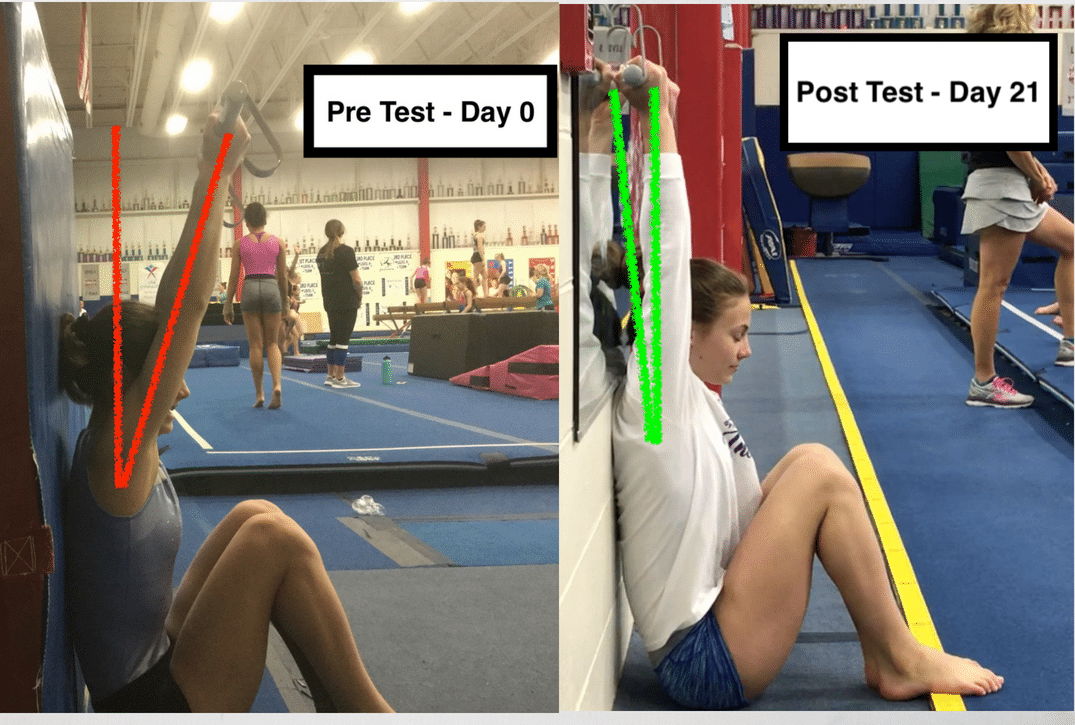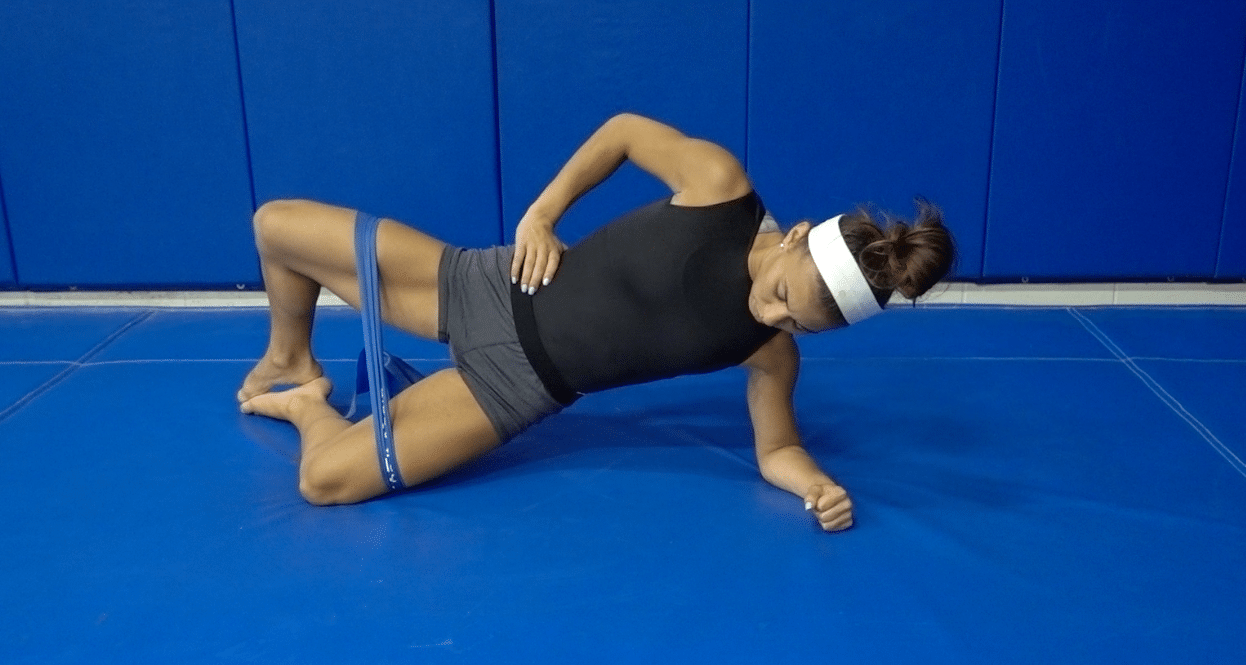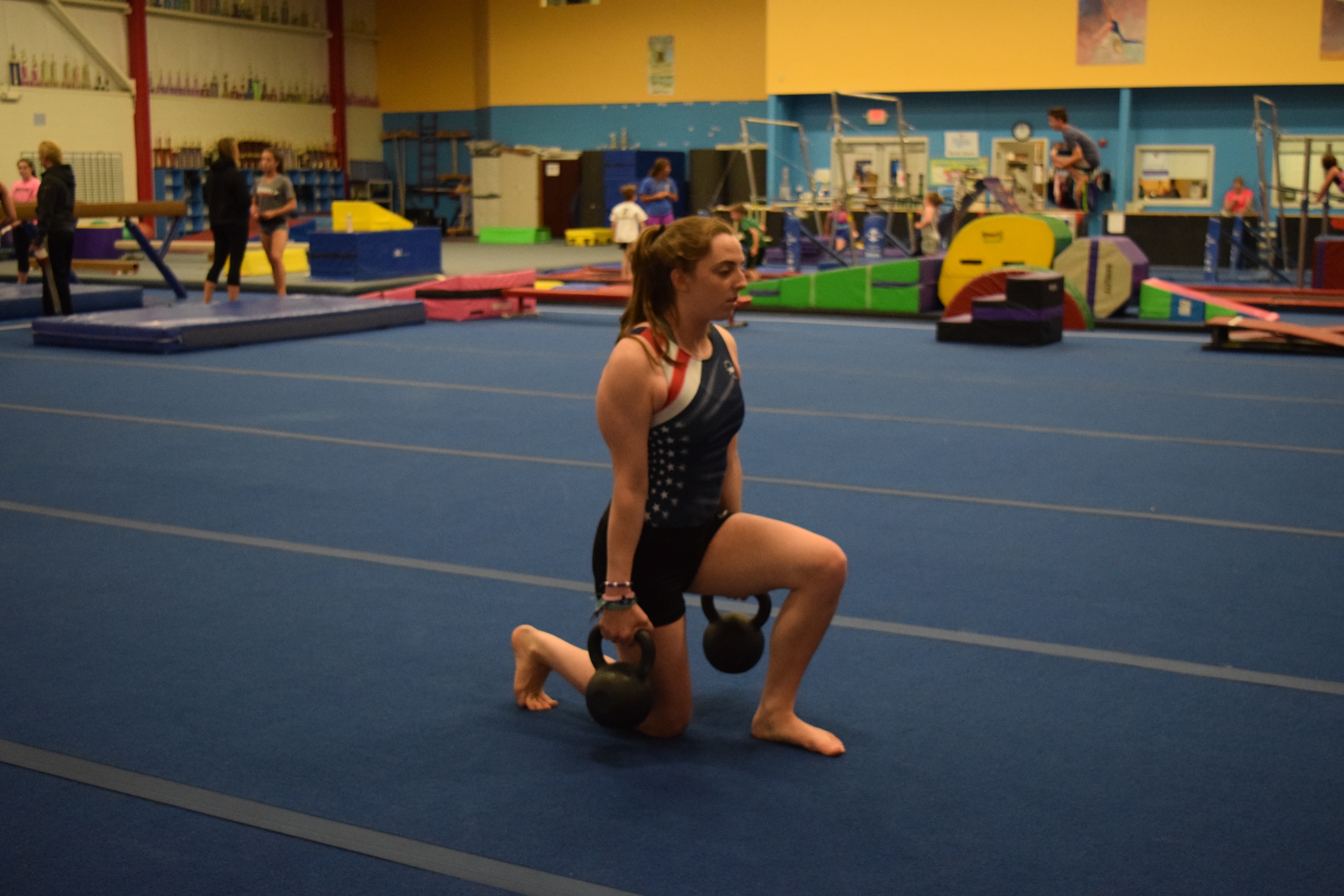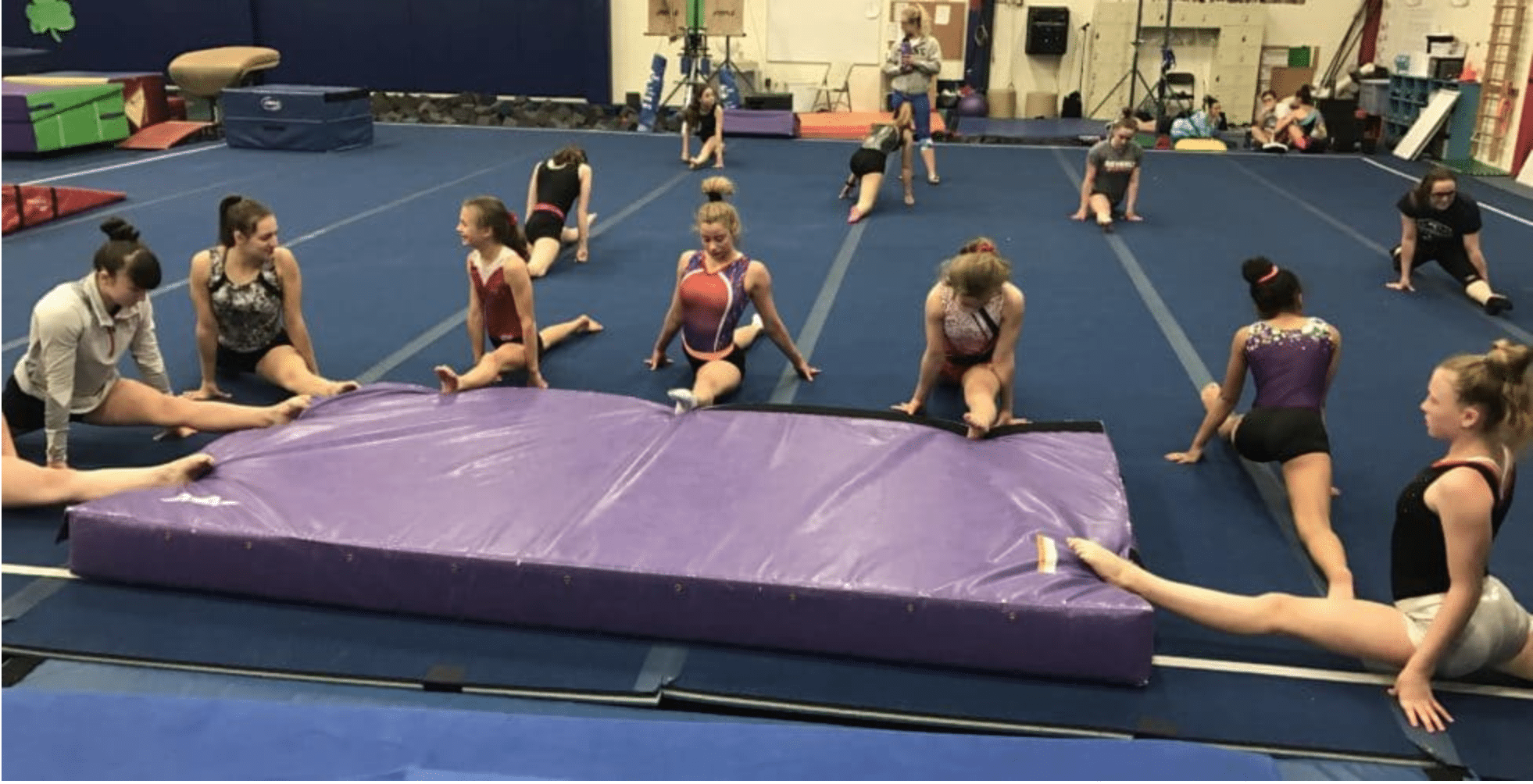When To Progress Young Gymnasts to Big Skills, and Advice on Developing Young Gymnasts
Part of the ‘art’ of coaching is being able to read the athletes you work with, and understanding when to push them forward vs pull back a bit. Specifically in gymnastics, this often comes up in times of new skills being taught or attempted.
In our sport, not being in tune with a young athlete’s state of mental and physical readiness for new skills can lead to serious problems. On the most basic level, progressing too fast may create a very dangerous situation. On the next few layers, attempting new skills when not ready can lead to fear, anxiety, mental blocks, and much more tricky psychological issues. This is such an important issue that coaches, parents, and gymnasts need to have an open discussion about.
On this week’s podcast, I sat down with Jacob Marks and we talked about this area of coaching. Jacob has had very good success in the men’s artistic gymnastics side of the sport, and has spent the last few years working on the US national coaching staff to help continue building the next generation of athletes.
Along with the discussion on big skills at younger ages, we also covered some really important topics related to skills, flexibility, strength, and culture that include
- How to we balance flexibility and strength work in gymnasts?
- What are the biggest reasons gymnasts lack hip and shoulder flexibility?
- What are some of the key pieces to being good at pommel horse?
- How do you increase motivation and effort from young gymnasts during strength?
- How do you build a culture where the kids are happy, healthy, and progressing in skill level?
This chat had so much great information, and I’m really grateful that Jacob took some time to come on the show. You can check out our entire discussion here on iTunes, Spotify, and Stitcher.
When To Progress Young Gymnasts to Big Skills,
and Advice on Developing Young Gymnasts
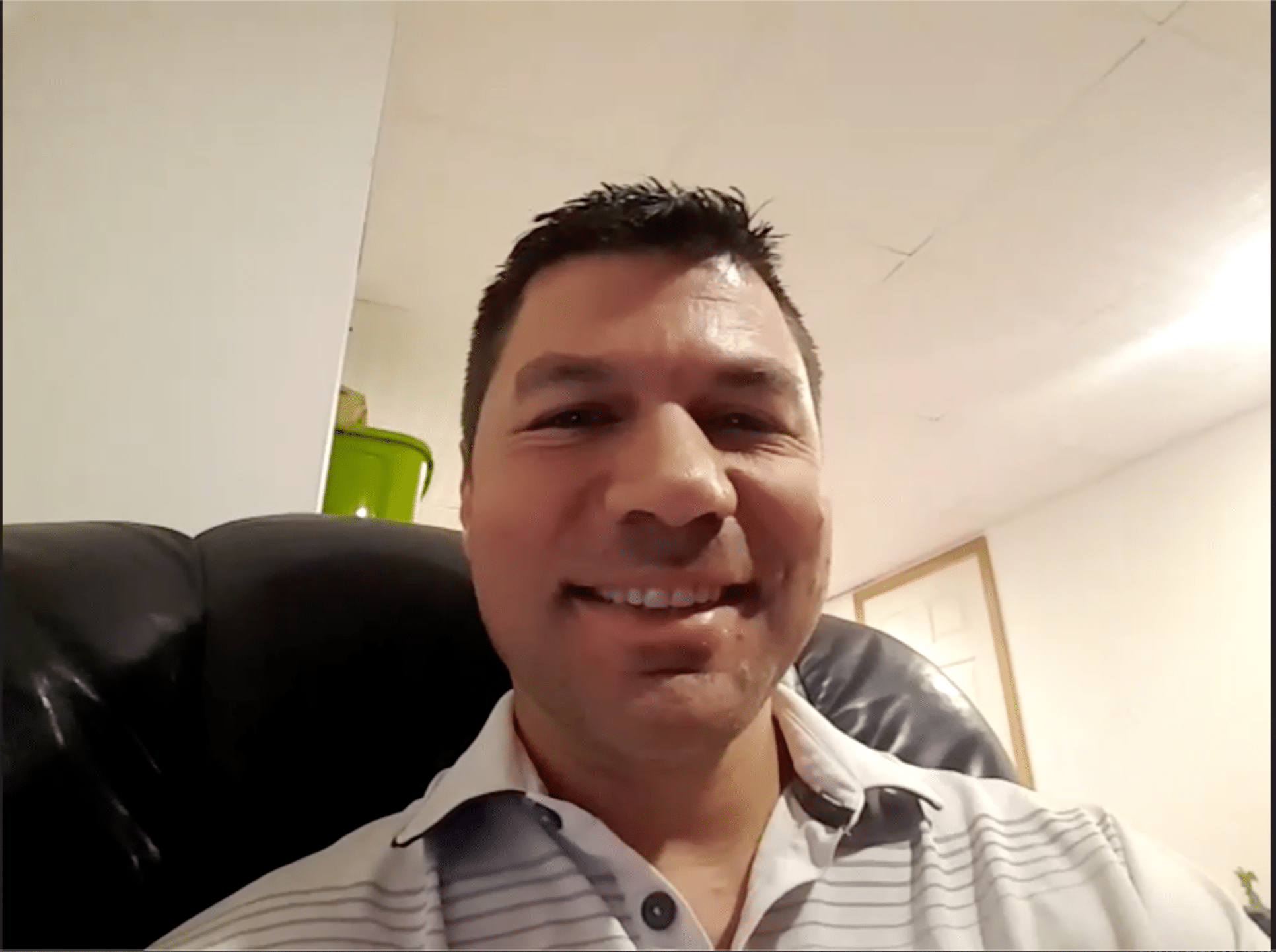
Hope you find it helpful!
– Dave
Dr. Dave Tilley DPT, SCS, CSCS
CEO/Founder of SHIFT Movement Science





